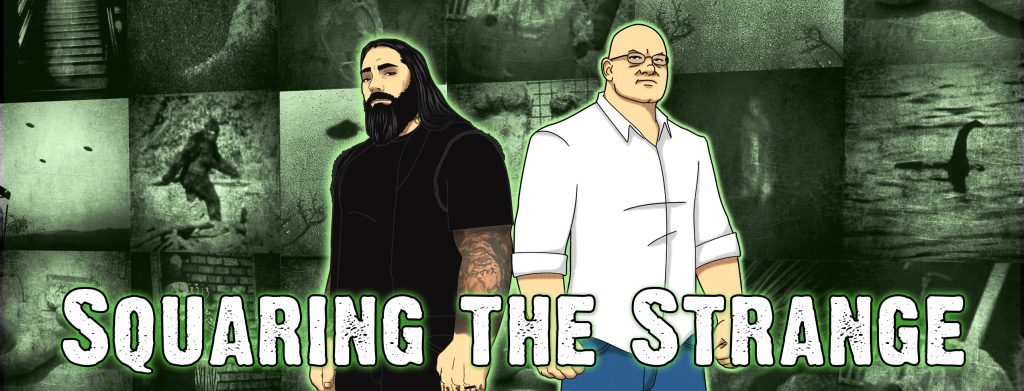In the latest in a series highlighting past episodes and archives of Squaring the Strange, here’s a look back at a show you might have missed:

Ben begins with a primer on what folklore is and how urban legends fit into that tradition. As apocryphal tales often passed off as true, urban legends can be scary, funny, sexual, xenophobic, or serve as some kind of warning or bravery test. From the anti-Semetic blood libel legends to the killing of albinos in East Africa and modern-day witch hunts, many urban legends have caused direct danger to particular minority groups by sowing distrust and rumors of criminal behavior. In certain cultural contexts, some of these legends seem almost inevitable due to social forces. In 2014, a social media joke that salt water could cure Ebola went viral and morphed into an urban legend that resulted in deaths. These false stories are often spread by well-meaning people who believe they are doing good by passing on the information. Rumors that doctors have hidden, nefarious motives have caused many to avoid healthcare or even to perpetrate violence upon medical personnel in some parts of the world. Another way urban legends can kill is when paranormal enthusiasts end up in dangerous circumstances, like when a woman was killed on elevated train tracks while seeking the “Pope Lick Monster.” Ben has written extensively on organ theft urban legends: travelers have been killed or beaten due to rumors that Americans kidnap South American children for their organs. Lastly, we discuss the infamous Slenderman attack, which was an “ostention” (or reenacting) of a popular story from the urban legend sharing site Creepypasta.
You can hear it HERE.
You can find more on me and my work with a search for “Benjamin Radford” (not “Ben Radford”) on Vimeo, and please check out my podcast Squaring the Strange!
0 Comments